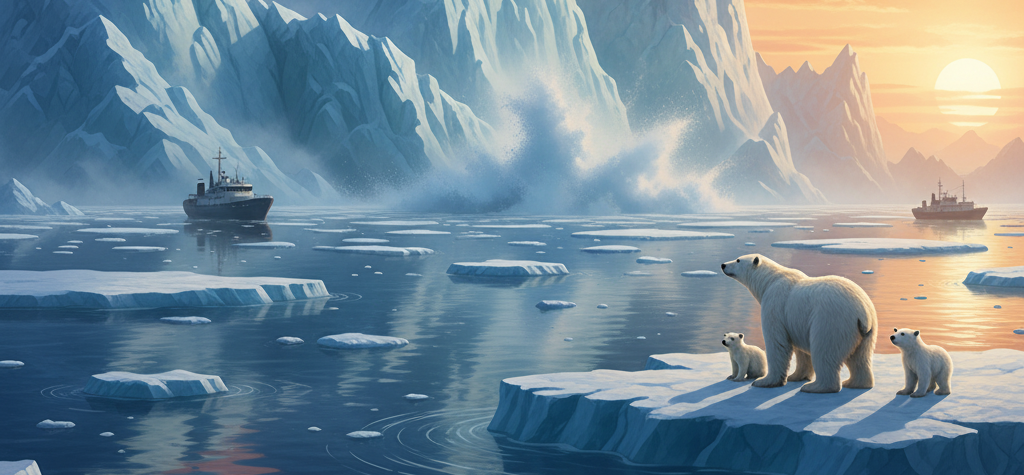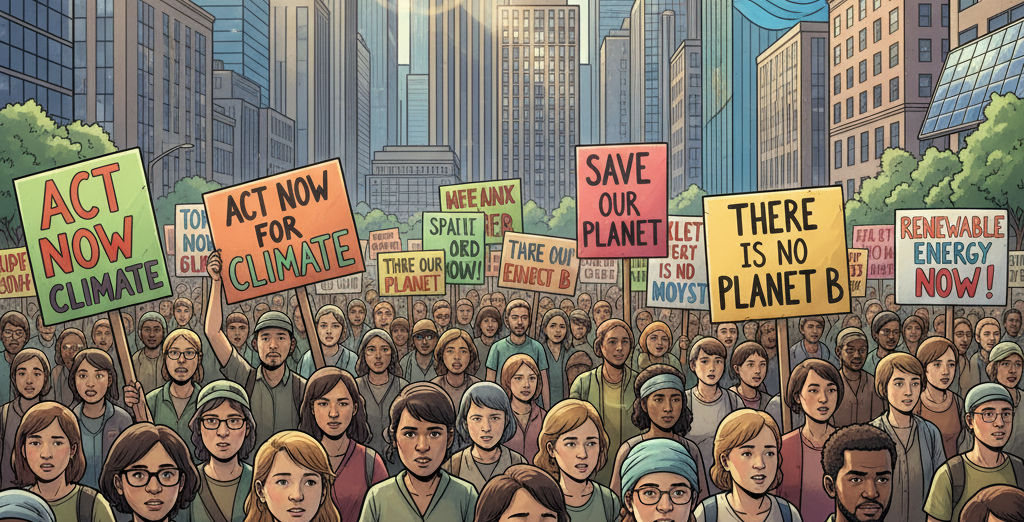As we stand in 2025, climate change remains one of the most pressing challenges shaping our collective worldview, transcending borders, economies, and ideologies. Driven by human activities like fossil fuel combustion and deforestation, it’s altering weather patterns, ecosystems, and livelihoods worldwide. This crisis forces us to reconsider our relationship with the planet, urging a shift toward sustainability, equity, and innovation in how we live, work, and govern.

Historical Context and Scientific Consensus
The roots of modern climate awareness trace back to the 19th century with scientists like John Tyndall identifying greenhouse gases, but it gained urgency in the late 20th century. The Intergovernmental Panel on Climate Change (IPCC), established in 1988, has since provided irrefutable evidence: global temperatures have risen about 1.2°C since pre-industrial levels, leading to more frequent extreme events like heatwaves, hurricanes, and wildfires.
From a worldview perspective, climate change highlights interconnectedness. Events like the 2023 Canadian wildfires affecting air quality in New York or the 2024 European floods underscore that no nation is isolated. International agreements, such as the Paris Accord of 2015 and COP29 discussions, reflect evolving global cooperation, though implementation lags amid geopolitical tensions.
Societal and Economic Ramifications
Climate impacts are uneven, exacerbating inequalities: developing nations in the Global South face severe droughts and sea-level rise, displacing millions as “climate refugees.” In contrast, wealthier countries invest in adaptations like Netherlands’ dikes or Singapore’s urban greening. Economically, the World Bank estimates annual losses could reach 2.6% of global GDP by 2030 without action, yet transitions to renewables create jobs in solar, wind, and electric vehicles.
Culturally, it’s reshaping narratives—from Indigenous knowledge emphasizing harmony with nature to youth-led movements like Fridays for Future. This fosters a worldview of shared responsibility, where individual actions (e.g., reducing meat consumption) complement policy changes like carbon pricing.

Innovations and Pathways Forward
Technological advancements offer hope: carbon capture, regenerative agriculture, and AI-driven climate modeling are accelerating solutions. Initiatives like the EU’s Green Deal and China’s carbon neutrality pledge by 2060 signal progress, while grassroots efforts in places like Kenya’s community forests demonstrate bottom-up resilience.
Challenges persist, including misinformation and corporate greenwashing, but a growing consensus views climate action as an opportunity for a just transition. By 2025, with record renewable energy adoption, the tide is turning toward a sustainable worldview that prioritizes planetary health over short-term gains.
In essence, climate change compels us to adopt a holistic, forward-thinking perspective—one where humanity unites against a common threat, redefining progress for generations to come.
